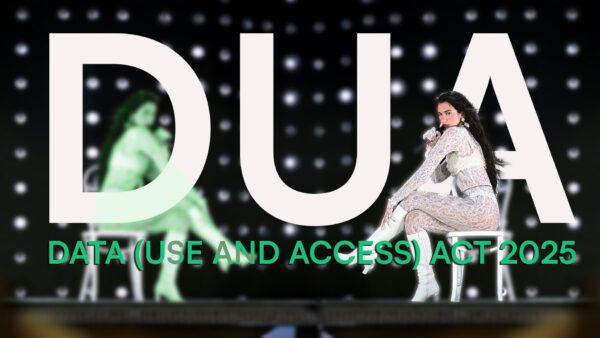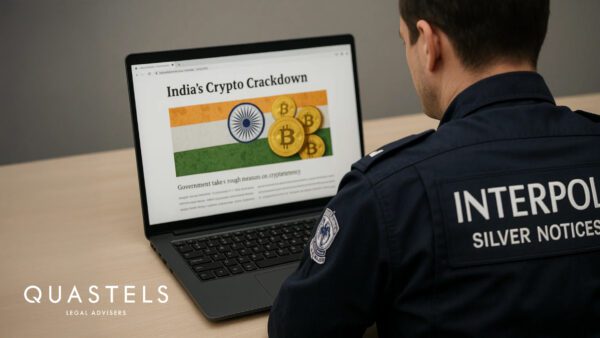The UK’s Global Talent Visa continues to be a critical pathway for exceptional tech professionals looking to contribute to the country’s thriving digital economy. As of 22 January 2025, significant updates have been introduced to refine the eligibility criteria and strengthen the assessment process. If you are considering an application, understanding these changes is vital to ensuring a strong submission.
Strengthened Requirements for Letters of Recommendation
Applicants must now ensure that referees are established leaders within the digital technology sector. Referees must have personal, in-depth knowledge of the applicant’s work for at least 12 months. Generic endorsements or letters lacking substantive detail may no longer be considered sufficient. Additionally, letters of recommendation must be supplemented with further supporting evidence to validate the applicant’s achievements and contributions.
Enhanced Mandatory Criteria: More Than Just Compensation
To meet the mandatory criteria, applicants must provide at least two distinct forms of evidence demonstrating their leadership or potential in digital technology. While salary and equity remain relevant, they are no longer sufficient as standalone evidence. Applicants must go beyond financial indicators and illustrate how their work has led to meaningful industry impact, whether through product development, technical innovation, or influential contributions to their field.
Furthermore, the timeframe for evidence remains crucial. Documents submitted should reflect achievements within the last five years. Any materials created solely for the purpose of the visa application may be disregarded.
Revised Optional Criteria: Emphasising Impact and Innovation
1. Innovation and Technical Contributions (OC1)
Applicants must now demonstrate substantial technical contributions or innovation. Those applying based on their start-up involvement must provide robust financial documentation. Business plans and projections alone will not suffice; instead, audited financial statements or formal financial accounts covering at least 12 months, signed by company directors, are required.
2. Extracurricular Industry Contributions (OC2)
The criteria for contributions outside of one’s primary occupations have been refined. Online-only activities such as virtual mentorships no longer qualify as sufficient evidence. Applicants should now demonstrate participation in in-person engagements, such as keynote speeches, industry panels, and mentoring sessions. Furthermore, newly recognised contributions include leading technology-focused policy initiatives and active involvement in tech-focused professional societies.
Importantly, all evidence must relate to unpaid work. Employer-sponsored conference participation will not be counted towards this criterion.
3. Commercial and Financial Impact (OC3)
The assessment of financial impact has shifted, with a new focus on revenue generation and tangible commercial success. Equity, shares, and bonuses are now considered under the mandatory criteria, while applicants seeking to meet OC3 must present concrete evidence of financial growth, such as revenue reports, audited profit and loss statements, or business scaling achievements.
What These Changes Mean for Applicants
The updated guidelines reinforce the UK’s commitment to attracting top-tier talent while ensuring that applicants genuinely contribute to the industry. Individuals considering this visa should carefully evaluate their supporting evidence and ensure it aligns with the latest standards.
At Quastels, we specialise in advising professionals and entrepreneurs on their UK immigration pathways. If you require expert guidance on your Global Talent Visa application, our team is here to help you navigate these evolving requirements.
For further information or to schedule a consultation, please contact us at Quastels LLP.









